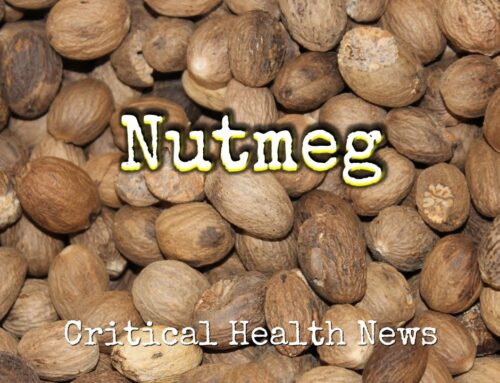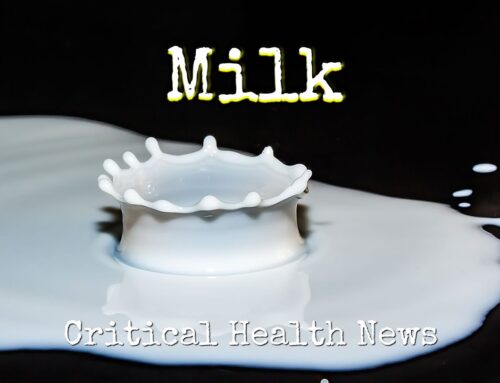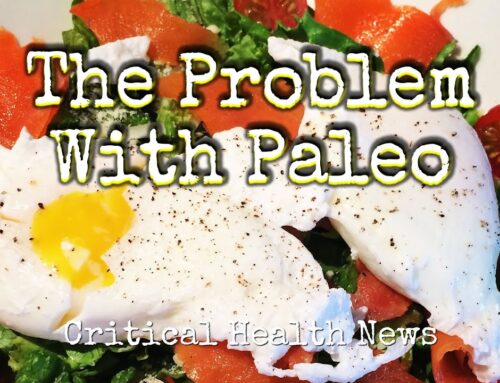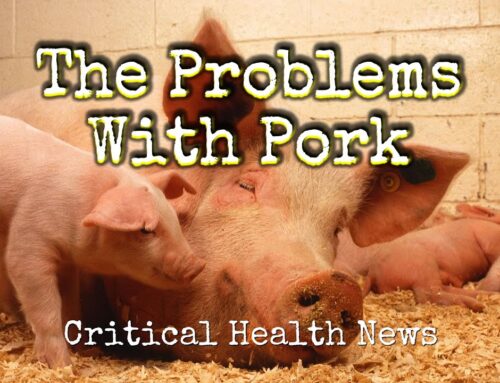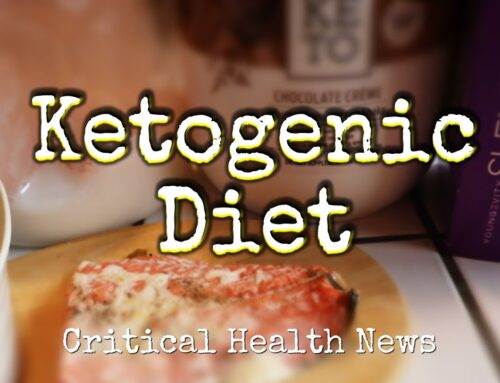Proteins, carbs and fats make up the three major caloric components of all foods. While this may be “nutrition 101”, many misunderstandings exist about the specific natures of all three.
Carbs, technically called saccharides, make up the lion’s share of most of our calories. Unfortunately, while there are carbohydrates that are critical for good health and cellular energy, for the most part, the carbs we eat are unnaturally concentrated. They’re not only devoid of much nutritional value themselves, but they can actually cost us precious vitamins and minerals.
Protein is like a power carb. It’s basically a carbohydrate structure with a nitrogen battery attached to it. This nitrogen battery turns the carbohydrate into the most functional molecule in the body. It’s the essence and identifying characteristic of all life forms.
Then there are the fats, which are basically complicated and larger versions of saccharide carbohydrates. Because of their complexity, dietary fats are much more functional than carbohydrates. In addition to being excellent sources of energy, they can act as control molecules and hormones. In particular, they can trigger inflammation or slow inflammation down. In fact, the most important anti-inflammatory medications, such as aspirin and Motrin, interact on dietary fat derivatives.
One of the most important strategies for keeping all diseases, including cancer, heart disease and auto-immunity under control, is to avoid heated, fried or artificial fats.


